Beetroot occupy a worthy place in folk medicine, cuisine and cosmetics in many countries around the world. This is justified, since the vegetable has almost all the necessary elements for the human body and at the same time it is cheap and accessible.
The caloric content of beetroot is low, only 49 kcal per 100 g if boiled and even less in its raw form, only 40 kcal per 100 g. Beetroot contains approximately 1.5% raw protein, fat - 0.1%, carbohydrates - 8.8%, fiber - 0.7% and water - about 87%.
These values vary for different varieties, but with very small deviations. This suggests that the vegetable has beneficial properties - both raw and boiled, especially for people on a diet. For them the beetroot diet can do a good job, but only after careful consultation with a doctor.
What does beetroot contain and how it helps
The composition of this red vegetable includes a whole range of useful substances, vitamins and minerals:
- vitamins A, B, PP and C, folic acid;
- monosaccharides, amino acids, organic acids, sugars, dietary fiber, betaine, beta-carotene;
- a large range of micro and macro elements.
The healing properties of beetroot and its benefits for the body are due to its unique composition:
- Beetroot contains vitamins of group B, which are indispensable for the prevention of cardiovascular and nervous system diseases;
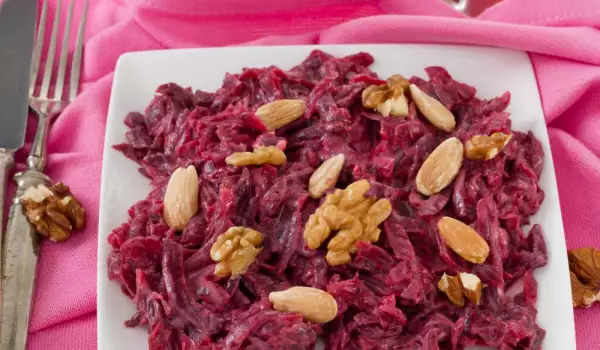
- Contains trace elements such as iron, iodine, zinc, potassium, magnesium, manganese, fluorine, phosphorus, copper. Therefore, beets are useful for diseases associated with metabolic disorders, with problems of the cardiovascular and hormonal systems. Regular consumption of beets helps compensate for the lack of iron in the body and prevents the development of anemia;
- The folic acid contained in beets has a beneficial effect on the nervous system and is especially useful for pregnant women, because i contributes to the full intrauterine development of the fetus;
- Beets contain betaine, which is involved in metabolic processes, protects against liver intoxication and is an excellent preventive measure against obesity and hypertension;
- Beetroot has a weak laxative effect due to the fiber it contains and its regular consumption in food is a good prevention for people prone to constipation;
- Contains 1.2% pectin and vitamin C (5-15 mg), which allows it to extract poisons from the body and makes it a good antioxidant.
In conclusion, we can say that beets contain a unique collection of trace elements that cannot be found in any product in such a collected form.
But its fans should keep in mind that when it is boiled, the glycemic index of the vegetable doubles, so with a disease such as diabetes, the use of the root crop will have to be limited.

People with increased acidity of gastric juice and those prone to diarrhea should also limit their consumption of beets. Beetroot contains oxalic acid, so it is also contraindicated in kidney stones. Therefore, if you have such problems, reduce beetroot salads or borscht soups to a minimum.
For the absorption of substances from beets, it is also important:
- subtleties of cooking beets.

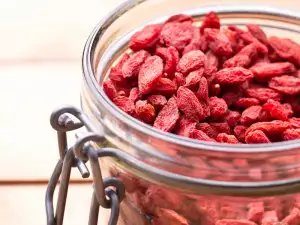




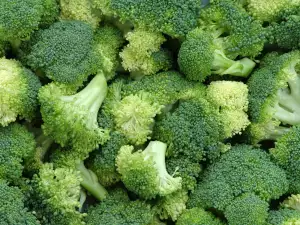

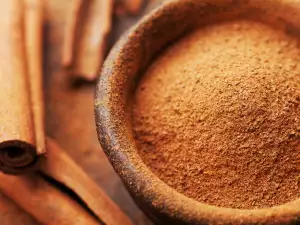



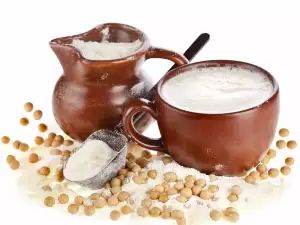







Comments